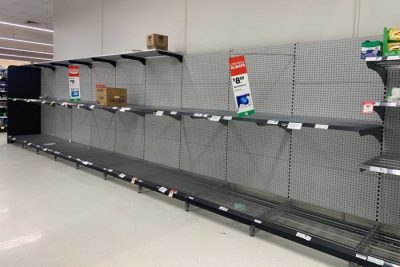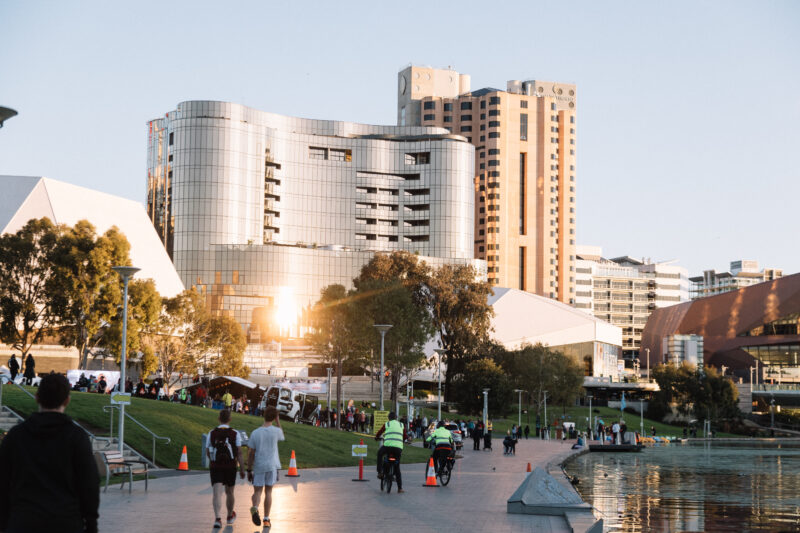Life without privilege
In focus groups this week, a participant in her 40’s talked of ‘privilege,’ and how life is often not fair. Her disadvantage early in life had made paths such as university an unimaginable luxury. She noted that even hard work won’t overcome lack of privilege. This now self-accomplished lady, told of how she became homeless straight out of school, moved around a lot, and worked hard to eventually achieve a good city job.
She prioritised a good education for her children. A home mortgage in an affordable area, and she worked hard to provide a safe environment for her children, and reminds them often of their ‘privilege,’ and the importance that they respect others without.
Another young participant, a seemingly typical female school student, talked calmly of needing to “grow up quickly” and move out of home at a young age, to far away from her family, to fend for herself. She was strong, and school supportive, but life wasn’t totally fair as other young Australians.
I can recall a research project a few years ago, about relationship abuse amongst young adults. Some middle-Australia males talked about the poor way some of their mates treated girlfriends, yet they weren’t always sure when the line was crossed and when they should step in. Others, from more challenging lives, talked of constant violence at home and the question was less about line, and more what to do to stop it.
Our studies of young people from complex backgrounds illustrate ‘bad habits’ such as smoking, drinking and drugs are less about the habit, and more about the broader context of their challenging lives. They often talk of giving up “when their lives are less stressful.” Good luck with that.
Similarly our research projects on affordable housing to problem gambling highlight the imbalance of burden on some segments of Australians.
Another study involved disadvantaged first nation students with high aspirations, but lack of mentors and such fundamental imbalance and anger in their lives that becoming a lawyer, doctor, teacher or whatever they dreamed was sadly going to be quite unlikely. Other projects focused on foster care, a growing issue, including large numbers of children with no real support, such as a 5 year old crying 24×7, traumatised, broken, without any sense of safety and trust. Unable to articulate or possibly comprehend what was wrong.
Life is tough for many young people. How can they ever feel safe?
Life is often not fair. Some people do not have such privilege.
So many dysfunctional parents and multi-generational complex lives.
Such projects, take my breath away, make me sad that such inequality exists, but hopeful that we are helping to tell their story to decision makers who are able to change things, drive positive change.
Those without privilege generally are the last to speak out, to complain and defend their rights. They may feel they do not deserve a fair go.
In a study a few years ago for a large energy distributor, a focus group with low income householders struggling financially, participants consistently did not expect life to be fair. They just wear the burden of escalating bills, and slip further into disadvantage.
In contrast, those with privilege can have a higher propensity to complain about any advantage one segment of the population may have over them. Often in a bubble of self interest and frustration that they are the victims in life, ignoring their privilege. It can be confronting to look in the mirror and ask …
From the research we do across education, the ingredients of good parents are basic – a desire for their children to be successful, whatever this means to the child, even more successful than the parent, with the parent their to guide, an advocate, and to provide the basics of a safe home life.
But, with generations of disfunction, getting the basics right can be hard.
What escalates lack of privilege from our research with vulnerable people is they often feel undeserving of being treated fairly. They are less likely to complain about rising electricity and other bills when they struggle to pay. They lack confidence in disputes relating to work, life, education etc. They feel they do not deserve an easy, a better, life.
In a world of increasing sense of entitlement, from our research, the vulnerable often feel undeserving of being treated fairly, as they do not have such privilege.
Families in which aspiration and eduction is discouraged, reduces the sense of being entitled, education is not the norm, even within reach, and signs and symbols in their community say “people like them and in their community are not worthy” of much that other Australians take for granted. Absence of universities, large employers and general signs of prosperity, signal a lack of being deserving. Even green public spaces are skewed towards areas with privilege.
People in disadvantaged areas feel bad about themselves, and lose hope in their community, while those from the outside looking in and the media exaggerate such stigma of disadvantaged areas which further erodes privilege, and jobs.
Sadly change can be slow, and political election cycles, the machines of government loop around like an old round-a-bout, around and around, not aways making progress.
- Year 1) settling in;
- Year 2) steady as we go;
- Year 3): slight build; and
- Year 4): spend big to stay in government; and (hopefully) repeat.
Lobbying government is often about timing, picking the right political moment and agenda to gain support for an important change.
Significant generational change typically does not happen in election cycles. It requires bipartisan acknowledgement that life is not fair to some, even in Australia, and making a commitment – financially and otherwise – to change is critical to starting to overcome imbalance. Not short-term commitments, but medium to long term dedication to change.
From several projects we have been working on over the past year or so, there are clear signs of imbalance being addressed by the government, education and other key stakeholders. Overcoming gaps that have existed for generations, getting worse, and it is now time for change. Even brands and other businesses taking a bigger social impact role.
Brands, and politics thinking beyond their own egos, that’d be sweet.
It is the responsibility of those with privilege to help those without.
Want more? These are related …
Plus more from me …
Feel like donating …?
https://soupandsleep.org.au/jason-dunstone
Thank you and have a nice day.




